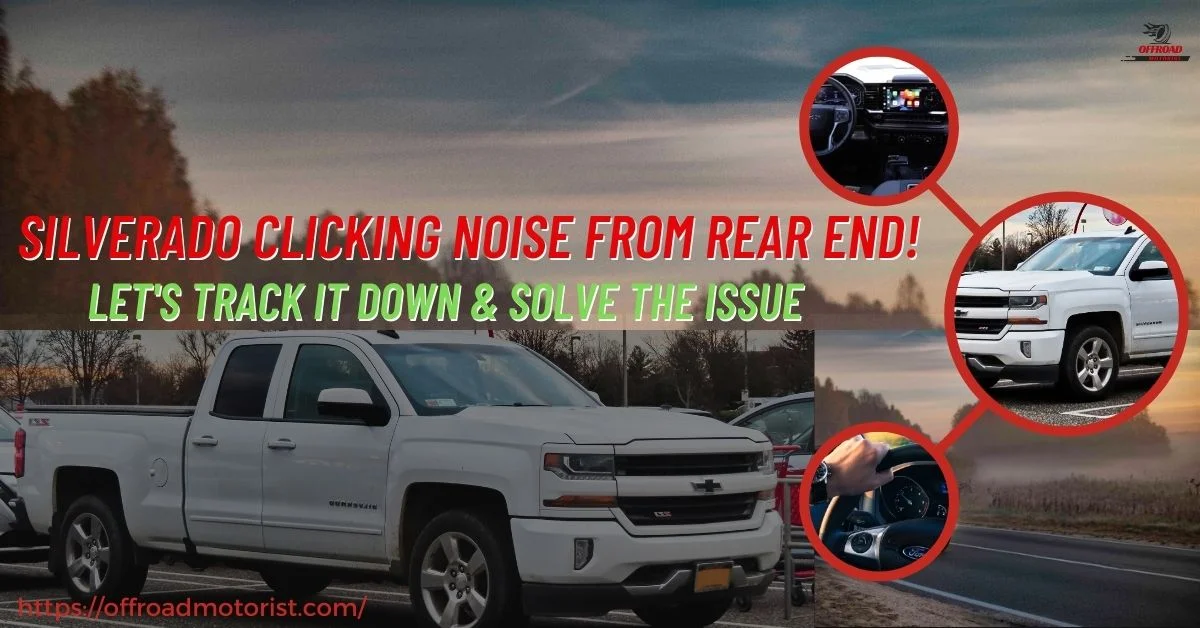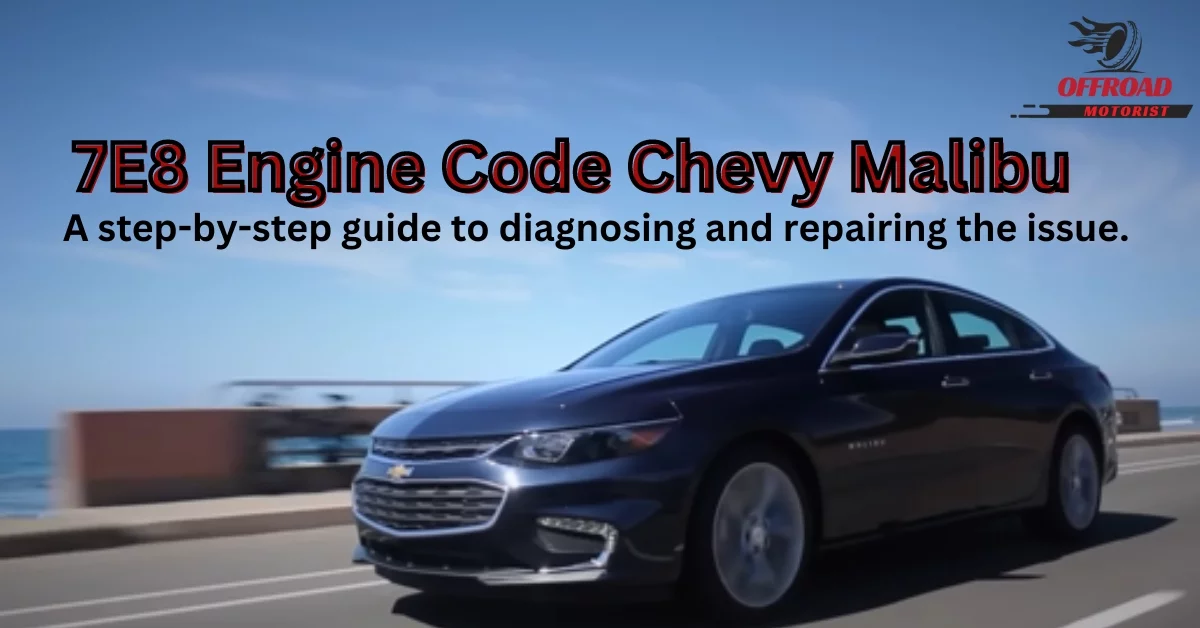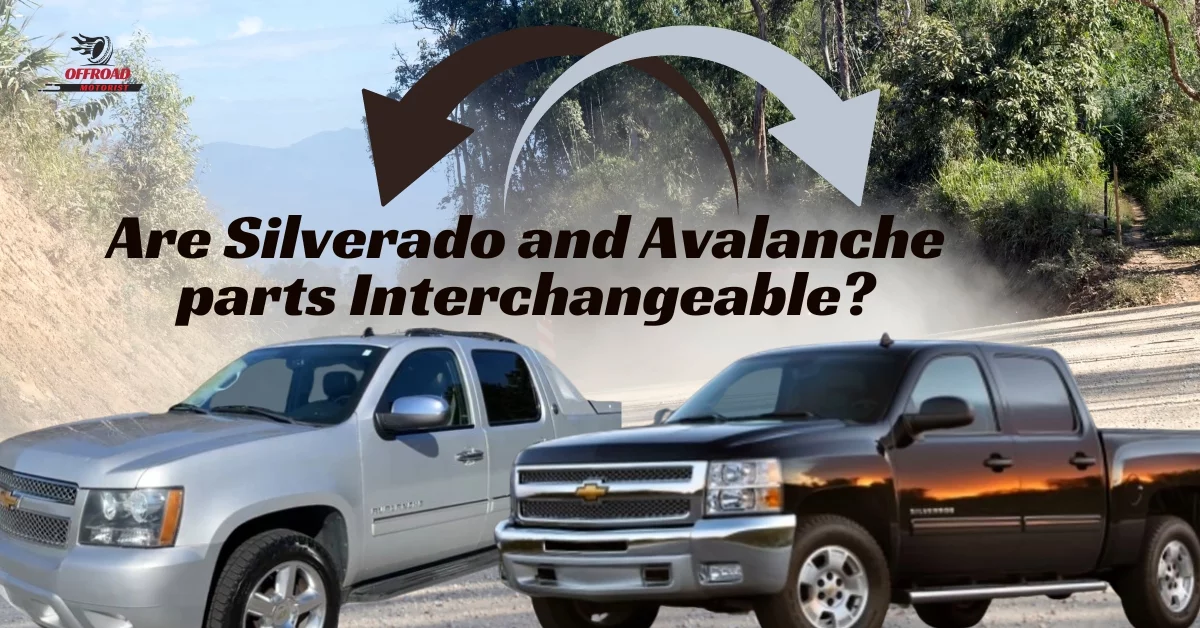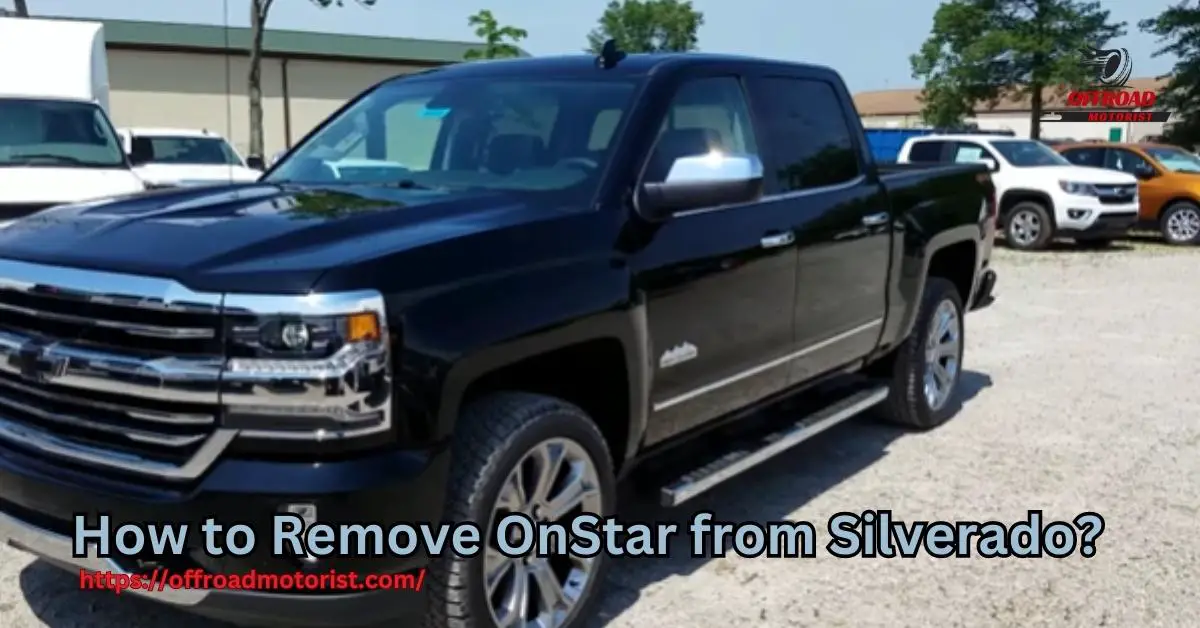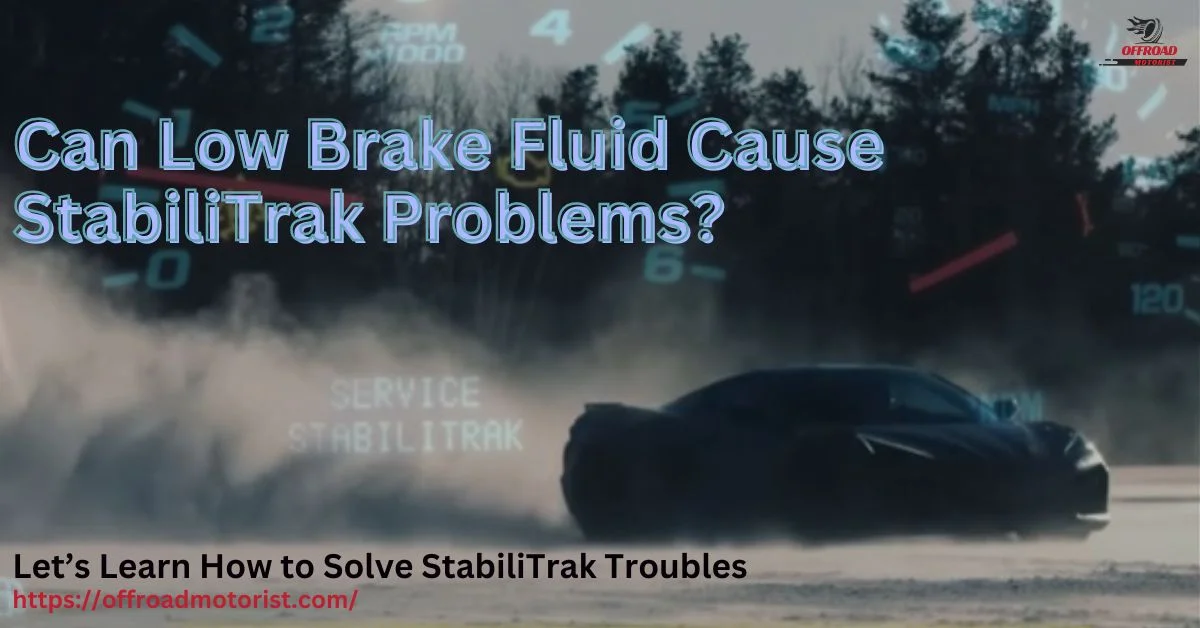Fix Chevy Malibu Auto Stop Problems & Boost Your Smooth Driving
The Chevy Malibu is a popular midsize sedan known for its stylish design, fuel efficiency, and reliability. One of the key features contributing to its fuel efficiency is the auto stop/start technology.
This system automatically shuts off the engine when the vehicle comes to a stop, then restarts it when the driver releases the brake pedal. However, some owners have reported various issues related to this technology.
In this blog post, we will discuss the common Chevy Malibu auto stop problems, their causes, potential solutions, and maintenance tips to ensure a safe and efficient driving experience.
Common Chevy Malibu Auto Stop Problems
Auto stop/start technology in the Chevy Malibu is not without its share of issues.
In this section, we will delve into the most common problems that Malibu owners have reported, offering insights into the possible causes, ways to identify these issues, and potential solutions to help you maintain your vehicle’s auto stop/start system effectively.
01. Auto Stop/Start Not Functioning Properly

I. Causes:
- Battery issues: A weak or old battery may not provide sufficient power for the auto stop/start system to function properly.
- Software glitches: Outdated or corrupted software can cause the system to malfunction.
- Faulty sensors: Damaged or malfunctioning sensors may not send the correct signals to the auto stop/start system.
II. How to Identify the Problem:
- Check the dashboard for warning lights or error messages related to the auto stop/start system.
- Observe if the engine continues running when the vehicle comes to a stop.
- Listen for any unusual noises or sounds during the auto stop/start process.
III. Potential Solutions and Maintenance Tips:
- Check and replace the battery if necessary.
- Update the vehicle’s software and firmware to the latest version.
- Inspect and replace any faulty sensors.
02. Unintended Auto Stop/Start Activation

I. Causes:
- Malfunctioning brake pedal switch: A faulty switch may send incorrect signals to the auto stop/start system, causing it to activate when it shouldn’t.
- Software issues: Software glitches or outdated software can lead to unintended activation of the auto stop/start system.
II. How to Identify the Problem:
- Notice if the auto stop/start system activates when it shouldn’t, such as when the brake pedal is not fully pressed.
- Check for any warning lights or error messages on the dashboard related to the auto stop/start system.
III. Potential Solutions and Maintenance Tips:
- Inspect the brake pedal switch and replace it if necessary.
- Update the vehicle’s software to the latest version.
03. Auto Stop/Start Causing Engine Stalling
I. Causes:
- Faulty fuel pump: A malfunctioning fuel pump may not deliver the required fuel pressure, causing the engine to stall during the auto stop/start process.
- Ignition system issues: Problems with the ignition system can cause the engine to stall when the auto stop/start system is engaged.
II. How to Identify the Problem:
- Observe if the engine stalls during the auto stop/start process.
- Listen for any unusual noises or sounds coming from the engine during the auto stop/start process.
III. Potential Solutions and Maintenance Tips:
- Inspect the fuel pump and replace it if necessary.
- Check the ignition system components and replace any faulty parts.
Preventing Auto Stop Problems in Chevy Malibu
Prevention is better than cure; the same applies to auto stop problems in the Chevy Malibu. Some essential preventive measures can minimize the likelihood of encountering these issues and ensure that your vehicle’s auto stop/start system operates smoothly.
01. Regular Maintenance and Service
I. Importance of Routine Check-ups:
Regular vehicle maintenance is essential for preventing auto stop problems in your Chevy Malibu. Routine check-ups can help identify and address potential issues before they become more significant problems.
II. Recommended Service Intervals:
- Refer to your vehicle’s owner’s manual for specific maintenance intervals.
- As a general rule, schedule a check-up at least once a year or every 12,000 miles, whichever comes first.
02. Upgrading Software and Firmware

I. Importance of Keeping Software Up-to-date:
Updating your vehicle’s software and firmware is crucial for maintaining optimal performance and preventing auto stop issues. Manufacturers release updates to fix known problems and improve overall system functionality.
II. How to Check for Updates and Perform Upgrades:
- Consult your vehicle’s owner’s manual or contact your local dealership for the latest software updates.
- Some updates can be done through a simple download process, while others may require visiting your local dealership for professional installation.
03. Replacing Worn-out Components
I. Identifying Problematic Parts:
Regularly inspect your vehicle for worn-out or damaged components that can affect the auto stop/start system. Pay close attention to the battery, sensors, brake pedal switch, fuel pump, and ignition system.
II. When and How to Replace Them:
- Consult your vehicle’s owner’s manual or a trusted mechanic for guidance on when to replace specific components.
- Some replacements can be done at home with basic tools, while others may require professional assistance.
When to Seek Professional Help
At times, despite our best efforts, we may find ourselves facing complex auto stop problems that require the expertise of a professional. Knowing when to seek help from a certified mechanic or dealership technician is crucial for maintaining your Chevy Malibu’s auto stop/start system.
01. Identifying Complex Issues
If you have tried troubleshooting your Chevy Malibu’s auto stop problems and cannot identify the cause, it may be time to seek professional help. A certified mechanic or dealership technician can perform a thorough diagnostic to determine the root of the problem.
02. Finding a Trusted Mechanic or Dealership
- Ask for recommendations from friends, family, or online forums.
- Read reviews and compare the services offered by different mechanics and dealerships.
- Ensure the mechanic or dealership you choose is certified and has experience working on Chevy Malibu vehicles.
03. Warranty and Recall Information
Before seeking professional help, check if your vehicle is still under warranty or if any recalls are related to the auto stop/start system. In such cases, the repairs may be covered at no cost.
FAQs Section on Chevy Malibu Auto Stop Problems
In this section, we have compiled a list of frequently asked questions related to Chevy Malibu auto stop problems, addressing common concerns and providing valuable information to help you better understand and maintain your vehicle’s auto stop/start system.
01. Is disabling the auto stop/start system in a Chevy Malibu possible?
Some owners may find a way to disable the system, but doing so is not recommended, as it can void your warranty and negatively impact your vehicle’s fuel efficiency.
02. How does the auto stop/start system affect the lifespan of my Chevy Malibu’s engine?
The auto stop/start system is designed to improve fuel efficiency without compromising engine life. The system has been tested and engineered to minimize wear on engine components.
03. Why is my auto stop/start system not working in cold weather?
In extremely cold temperatures, the auto stop/start system may be temporarily disabled to ensure proper engine lubrication and performance. Once the engine reaches a suitable operating temperature, the system should function as intended.
04. Can I use a different battery to improve the auto stop/start system performance?
Using the recommended battery for your Chevy Malibu is crucial, as using an incorrect battery type can lead to performance issues and even damage the auto stop/start system.
05. What factors affect the functionality of the auto stop/start system?
Factors such as extreme temperatures, low battery charge, and the use of interior accessories like air conditioning can impact the auto stop/start system’s functionality. The system may be temporarily disabled in these situations to ensure optimal performance and prevent potential issues.
06. Does the auto stop/start system work with every engine type?
The auto stop/start system is designed to work with specific engine types. Consult your owner’s manual or contact your local dealership to determine if your Chevy Malibu’s engine is compatible with this technology.
07. How does the auto stop/start system save fuel?
The auto stop/start system saves fuel by shutting off the engine when the vehicle comes to a stop and then restarting it when the driver releases the brake pedal. This reduces the fuel consumed when the vehicle is idling, improving overall fuel efficiency.
08. Are there any long-term effects of the auto stop/start system on the starter motor?
Although the starter motor is used more frequently with the auto stop/start system, it is designed to withstand increased usage. Manufacturers have engineered the system with durability, ensuring that the starter motor and other components can handle the additional load.
09. Can I manually override the auto stop/start system in my Chevy Malibu?
Some Chevy Malibu models have a button to disable the auto stop/start system temporarily. However, keep in mind that doing so may reduce fuel efficiency. The system will automatically reactivate the next time you start the vehicle.
Final Thoughts on Chevy Malibu Auto Stop Problems
Understanding the common Chevy Malibu auto stop problems and their causes can help you address issues promptly and maintain a safe and efficient driving experience.
Regular maintenance, updating software, and replacing worn-out components are essential to preventing auto stop problems. If you cannot identify or fix an issue, seeking professional help and staying informed about warranty and recall information is crucial.
By staying proactive, you can ensure the longevity and optimal performance of your Chevy Malibu’s auto stop/start system.
Remember that a well-maintained Chevy Malibu with a properly functioning auto stop/start system will provide a better driving experience and contribute to a greener environment through improved fuel efficiency.
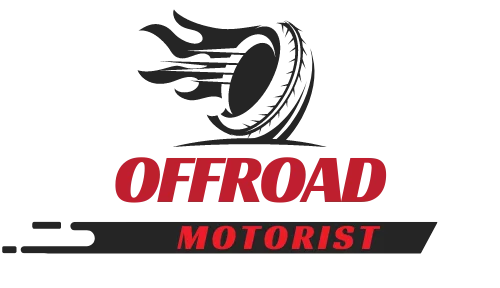


![Mysterious Shutdowns: Chevy Silverado Shuts Off While Driving and Won't Start [Issue Fixed] Chevy Silverado Shuts Off While Driving and Won't Start](https://offroadmotorist.com/wp-content/uploads/2023/02/chevy-silverado-shuts-off-while-driving-150x150.jpg)
![Service Break Assist Chevy | Everything You Need to Know [03 Easy Steps] service brake assist chevy](https://offroadmotorist.com/wp-content/uploads/2023/03/service-brake-assist-chevy-150x150.jpg)


